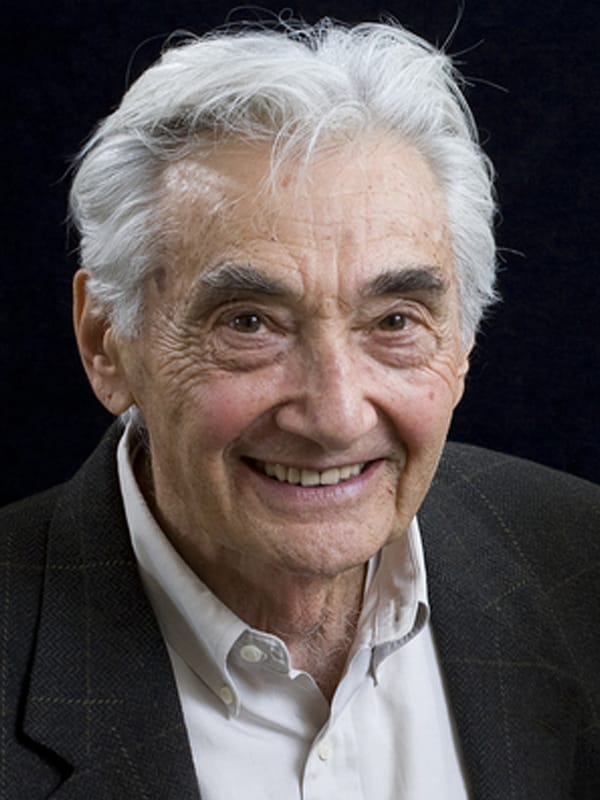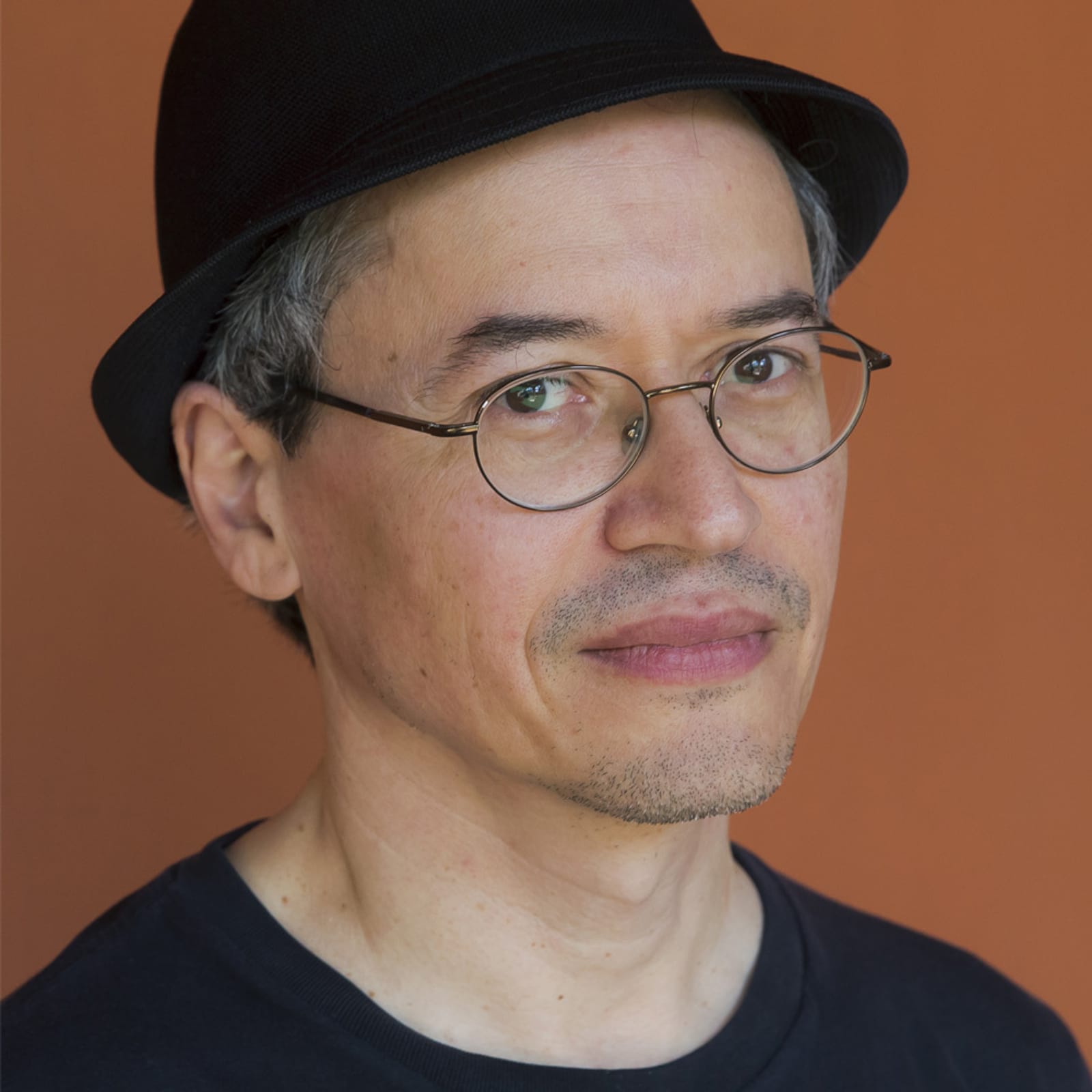
- Courage Prize Recipient, 2010
Born on August 24, 1922, to working-class, immigrant parents, Howard Zinn spent much of the beginning of his life in relative poverty. During the Great Depression his family moved frequently; he once quipped, “I lived in Brooklyn’s best slums.” After high school, Zinn worked as a pipe fitter in the Brooklyn Navy Yard where he organized alongside his coworkers. During the Second World War, he enlisted as a bomber pilot in the Army’s Air Corps, an experience that helped to shape his opposition to war and passion for history. After the war, Zinn enrolled in New York University through the GI Bill, while he and his wife Roslyn Schecter lived in public housing, and went on to earn his PhD in history at Columbia University. Zinn then became chair of the history department at Spelman College, a historically black women’s college. Fired for his support of student protesters during the civil rights movements, he moved on to teach political science at Boston University until his retirement in 1988.
An inveterate activist, Zinn protested segregation and the Vietnam War; he warned of the perils of blind nationalism in the years after 9/11 and railed against U.S. intervention in the Middle East and around the globe. His scholarly and political work embodied his belief that “to be neutral and to be passive is to collaborate with whatever is going on.”
Zinn was the author of many books, including an autobiography, You Can’t Be Neutral on a Moving Train, the play Marx in Soho and his collection of essays, Passionate Declarations. His classic A People’s History of the United States, sold more than two million copies, and has “simply changed perspective and understanding for a whole generation,” in the words of his friend Noam Chomsky. He received the Lannan Foundation Literary Award for Nonfiction and the Eugene V. Debs award for his writing and political activism in 1998, and the Upton Sinclair Award for heroes of American education the following year.
“In such a world of conflict, a world of victims and executioners, it is the job of thinking people, as Albert Camus suggested, not to be on the side of the executioners,” Zinn wrote in the introduction to the book. “I prefer to try to tell the story of the discovery of America from the viewpoint of the Arawaks, of the Constitution from the standpoint of the slaves, of Andrew Jackson as seen by the Cherokees…of the rise of industrialism as seen by the young women in the Lowell textile mills, of the Spanish-American war as seen by the Cubans… the New Deal as seen by blacks in Harlem.”
Even in his eighties, Zinn never lost his always ferocious optimism and hope for positive change in the world. In A People’s History, published in 1980, he cautioned readers about the perspective they would find in his book: “If history is to be creative, to anticipate a possible future without denying the past, it should, I believe, emphasize new possibilities by disclosing those hidden episodes of the past when, even if in brief flashes, people showed their ability to resist, to join together, occasionally to win.” Twenty-five years later he was invited back to Spelman College as the commencement speaker. Drawing hope from the 1950s victories of black people in the South protesting racial segregation, he told Spelman’s students, “Many people had said: The South will never change. But it did change. It changed because ordinary people organized and took risks and challenged the system and would not give up. That’s when democracy came alive.”
In 2009, The History Channel aired the acclaimed documentary The People Speak, based on A People’s History and its companion volume, Voices of a People’s History of the United States. Featuring Matt Damon, Kerry Washington, Bruce Springsteen, Bob Dylan, Marisa Tomei, Josh Brolin, Danny Glover and others, The People Speak dramatized the voices of Zinn’s forgotten heroes and showed the rich history of dissent in our nation.
Howard Zinn is awarded The Ridenhour Courage Prize for his determination to showcase the hidden heroes of social movements throughout history, his refusal to accept the history of only the powerful and victorious, his steadfast belief in the potential for a better world, his unflinching moral stance on fighting whatever he perceived was wrong in society, his fight to inspire students to believe that together they could make democracy come alive, and, in the words of his former student Alice Walker, “his way with resistance.”
More 2010 Prize Winners
One Bold Move, Countless Lives: Empowering Humanity, Changing the World.

